
OR
Above the law
Published On: September 25, 2017 12:52 AM NPT
Both domestic and foreign human rights monitors have repeatedly drawn the state’s attention to the entrenched culture of impunity in Nepal. Our transitional justice process is filled with loopholes, as current legislation on transitional justice permits amnesty even in cases of grave human rights violations from the decade-long Maoist conflict. Our chief anti-corruption body, the CIAA, has not successfully prosecuted a single sitting minister or high-level bureaucrat after 2007, even though there are reams of evidence of corruption in high places. Meanwhile, the prime minister says, without a shred of shame, that he is permitted by the constitution to enlist as many as 60 ministers when, in fact, the constitution clearly caps cabinet size at 25. Moreover, Sher Bahadur Deuba kept increasing the size of his cabinet even though the election code of conduct barred him from doing so. Even more problematically, among those enlisted as ministers were figures who have been previously implicated in various crimes. If the executive is reckless, the legislative is no more responsible. The parliament just enacted deeply flawed education bills, which allow unqualified teachers to teach in community schools and which effectively undo all the recent reforms in medical education.
While the parliament was at it, it also passed a law whereby all the past and present President and Vice-presidents of the country would be immune from criminal prosecution concerning their work while in office. Although this may not seem like a big deal—after all, the ceremonial president and vice-president have very limited executive powers—the intent behind this legislation is dangerous. It is true that our president and vice-president are ceremonial, but in the past there have been multiple cases when they tried to go beyond their constitutionally-prescribed roles. The perfect example of this was the 2009 decision of President Ram Baran Yadav to not to endorse Prime Minister Pushpa Kamal Dahal’s sacking of army chief Rookmangud Katawal. Perhaps there was some merit to Yadav’s decision, as the army chief’s removal could have set a dangerous precedent of open political meddling in this largely apolitical organization. What is indubitable is that Yadav stepped on legally dicey grounds to do so. During his more than seven years in office, Yadav repeatedly came into controversy for his ‘political’ remarks. Likewise, the office of his successor, Bidya Devi Bhandari, has also made some questionable decisions, for instance in asking the government for Rs 160 million for a new fleet of vehicles, even though the office already has plenty of expensive vehicles at its disposal.
If the state head sticks to her prescribed ceremonial role, then she will never come into controversy. It is only when she is seen as working against the ethos of her office, or to be breaking her constitutional bounds, that she gets into needless disputes and controversies. By making the president and vice-president immune from criminal prosecution, the parliament has effectively given them carte blanche to do pretty much as they please. Such regressive laws that remind Nepalis of the days of autocratic monarchy should have no place in the new federal democratic republic.
You May Like This

Cash fine of up to Rs 200,000 proposed for misconduct by online business operators
KATHMANDU, Jan 3: The government has sought to fine up to Rs 200,000 those traders who carry out online business... Read More...
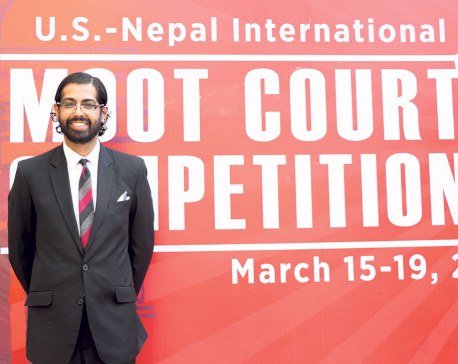
International law in Nepal is as important as domestic law: Prof Husain
The three-day US-Nepal International Moot Court Competition concluded on Sunday, announcing winners in different categories. Six teams representing six different... Read More...

Damages claim runs against law: Media law expert Timalsena
KATHMANDU, September 3: Media law expert Ram Krishna Timalsena has said that the defamation case filed by chief of Nepal Oil... Read More...



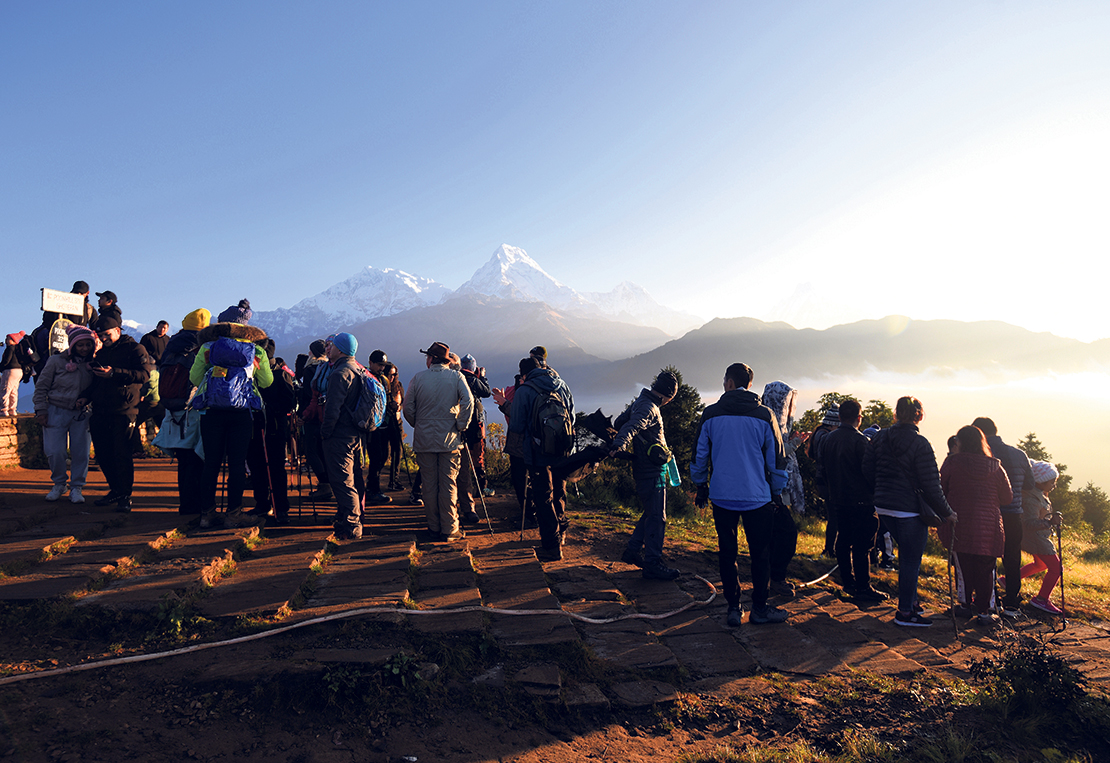

Just In
- Godepani welcomes over 31,000 foreign tourists in a year
- Private sector leads hydropower generation over government
- Weather expected to be mainly fair in most parts of the country today
- 120 snow leopards found in Dolpa, survey result reveals
- India funds a school building construction in Darchula
- Exploring opportunities and Challenges of Increasing Online Transactions in Nepal
- Lack of investment-friendly laws raises concerns as Investment Summit approaches
- 550,000 people acquire work permits till April of current fiscal year








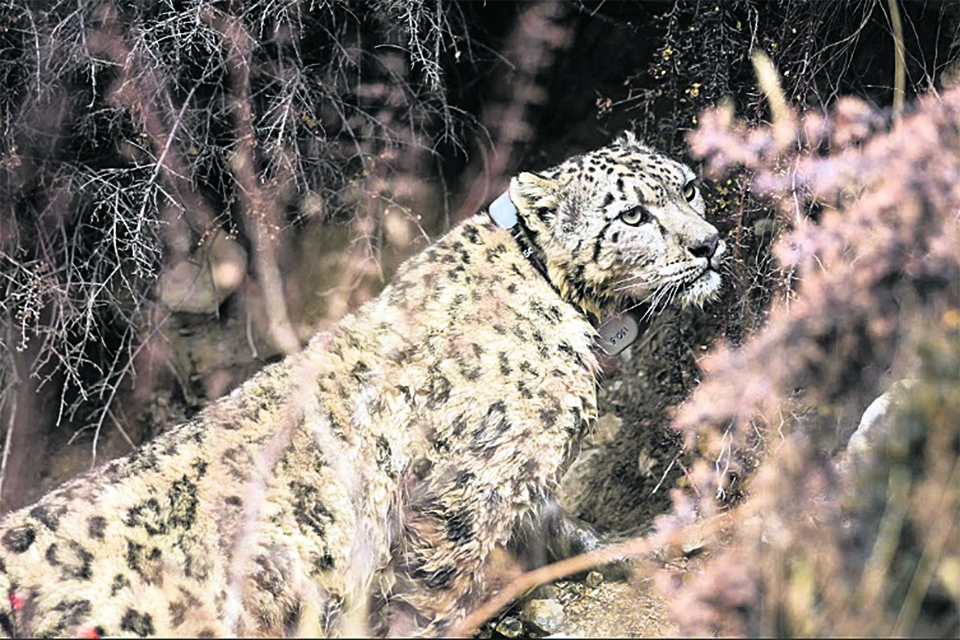
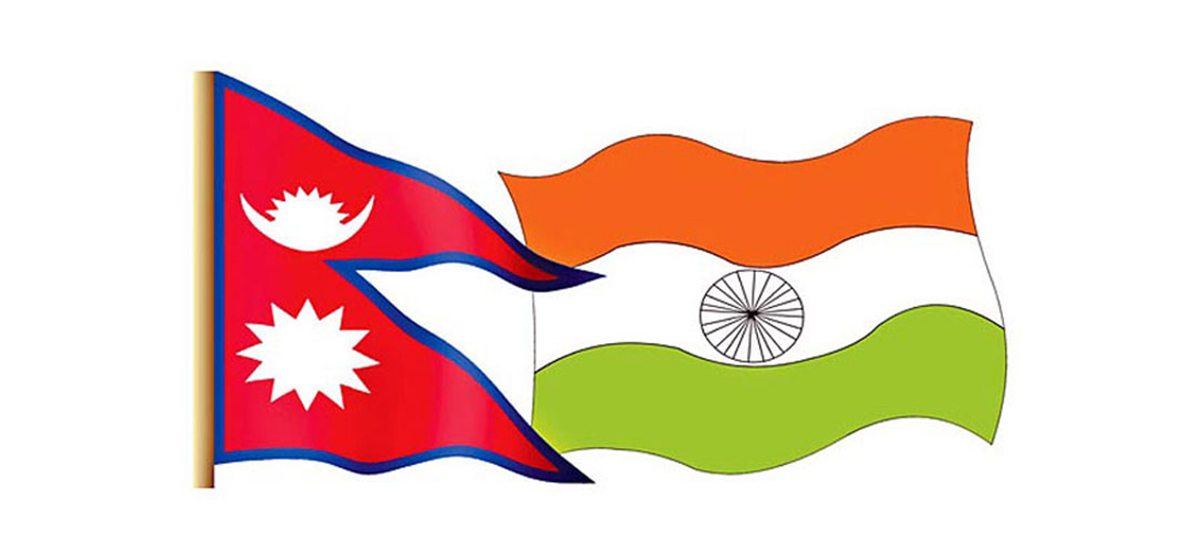

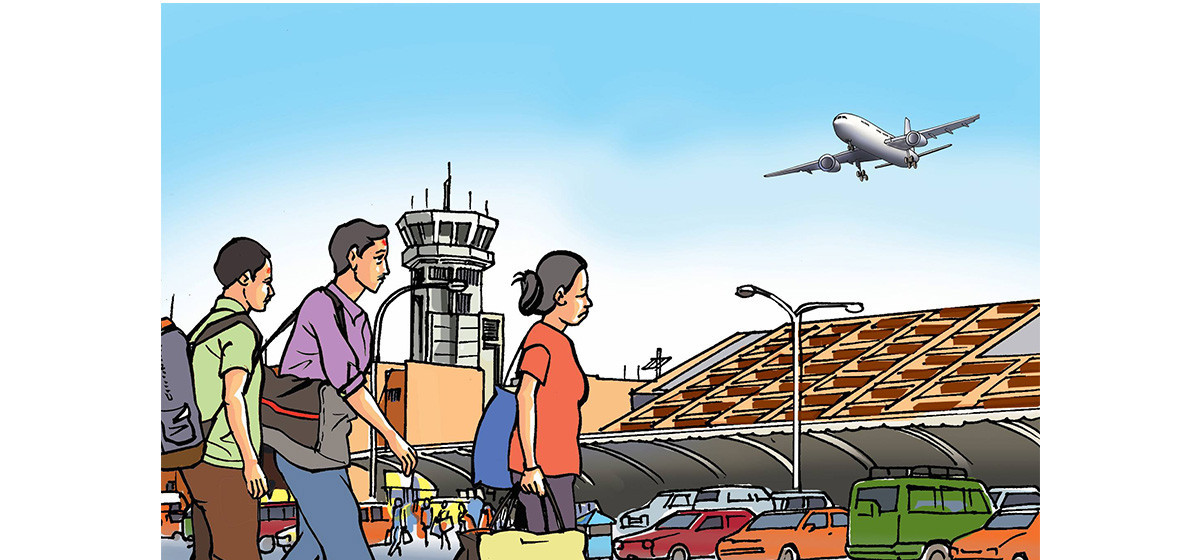

Leave A Comment